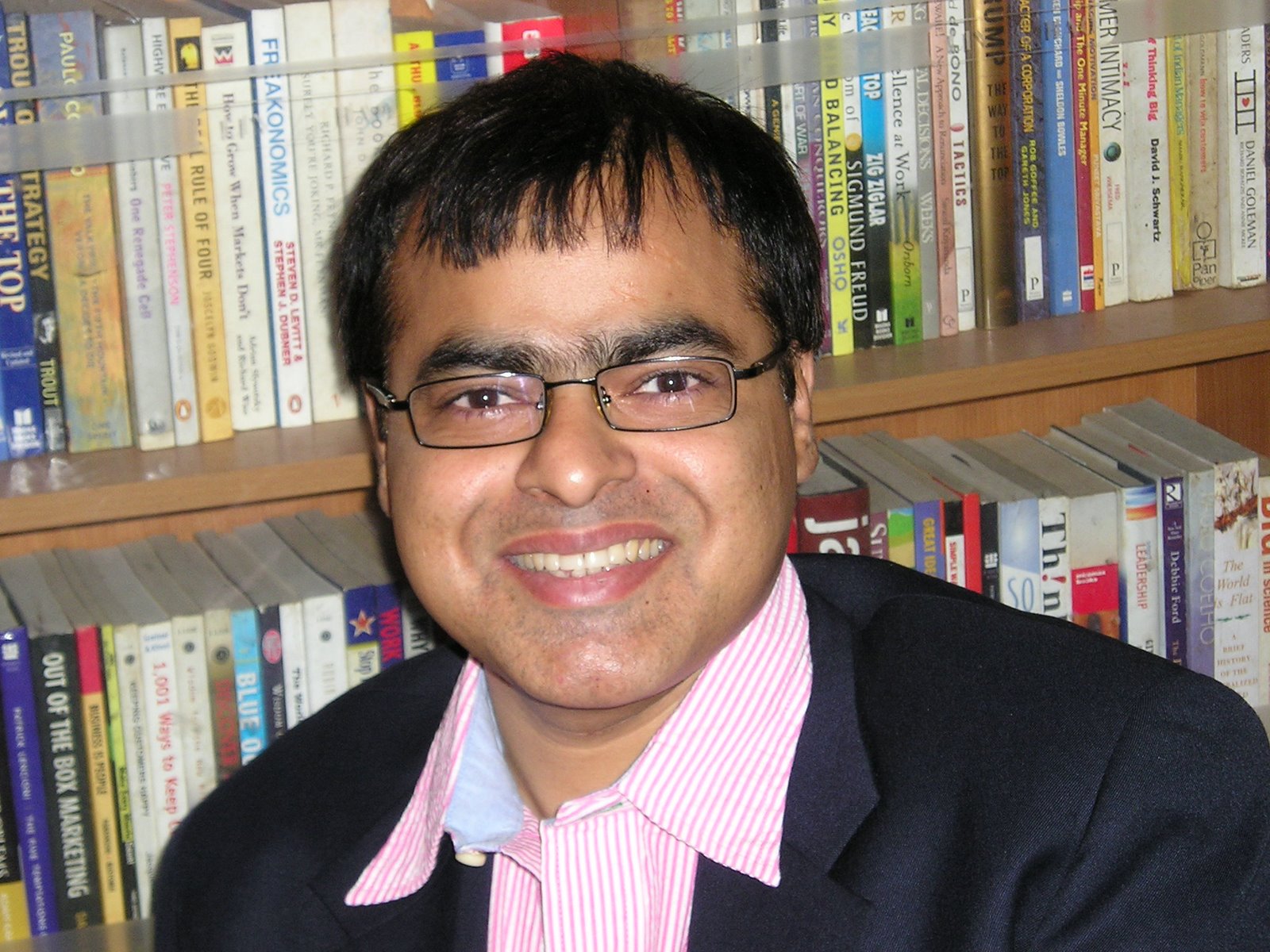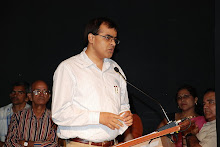DMAI wants the govt to give due weightage to homoeopathy in NRHM
Suja Nair Shirodkar, Mumbai Wednesday, March 30, 2011, 08:00 Hrs [IST]
The Disease Management Association of India (DMAI) has recommended the Public Accounts Committee (PAC) of the central government to increase the role of homoeopathy in the National Rural Health Mission (NRHM), especially for acute illness.
At present homoeopathy is not being leveraged properly under NRHM in spite of it being the cheapest way of treatment in the country. Rajendra Pratap Gupta, president and director DMAI pointed out that the homoeopathic medicines are cheaper and much more accessible to patients thus it is only natural that its potential should be utilised properly under NRHM.
Though the treatment used in homoeopathy is superficially similar to the medicines prescribed by a conventional doctor it differs in their source, preparation and dosage. He observed that in spite of having enough qualified homoeopathic physicians in the country the government is not giving them enough chance to play any role in the national health program. “Today there are hospitals and colleges that cater to homoeopathy and encourage its use then why isn't the government utilising these resources to increase the demand for homoeopathic medicines among the rural population.
The government should take step to ensure that the people in the rural India can also benefit from this system,” he pointed out. He said that the demand for homoeopathy has increased over the years as more and more people are adopting homoeopathic treatment due to its effectiveness compared to other available methods. Thus it should be put to use more effectively. He added, “Homoeopathic medicines are very cheap, in almost two rupees a patient can get a weeks worth of medicines which will be a great support to the rural population, it would provide them with cheapest alternative that assures best treatment.”
Homoeopathy is a system for the treatment of illness that is based both on the recognition of patterns within the symptoms of the illness and a wider consideration of how the individual is as a person. Although conventional medical assessment also takes these issues in to account, the homoeopathic approach integrates personality type, previous experiences, emotional state, the influence of the environment and other social factors to a greater degree than is usual with standard medical practice.
http://www.pharmabiz.com/NewsDetails.aspx?aid=62119&sid=1
Rajendra Pratap Gupta
Subscribe to:
Post Comments (Atom)





No comments:
Post a Comment